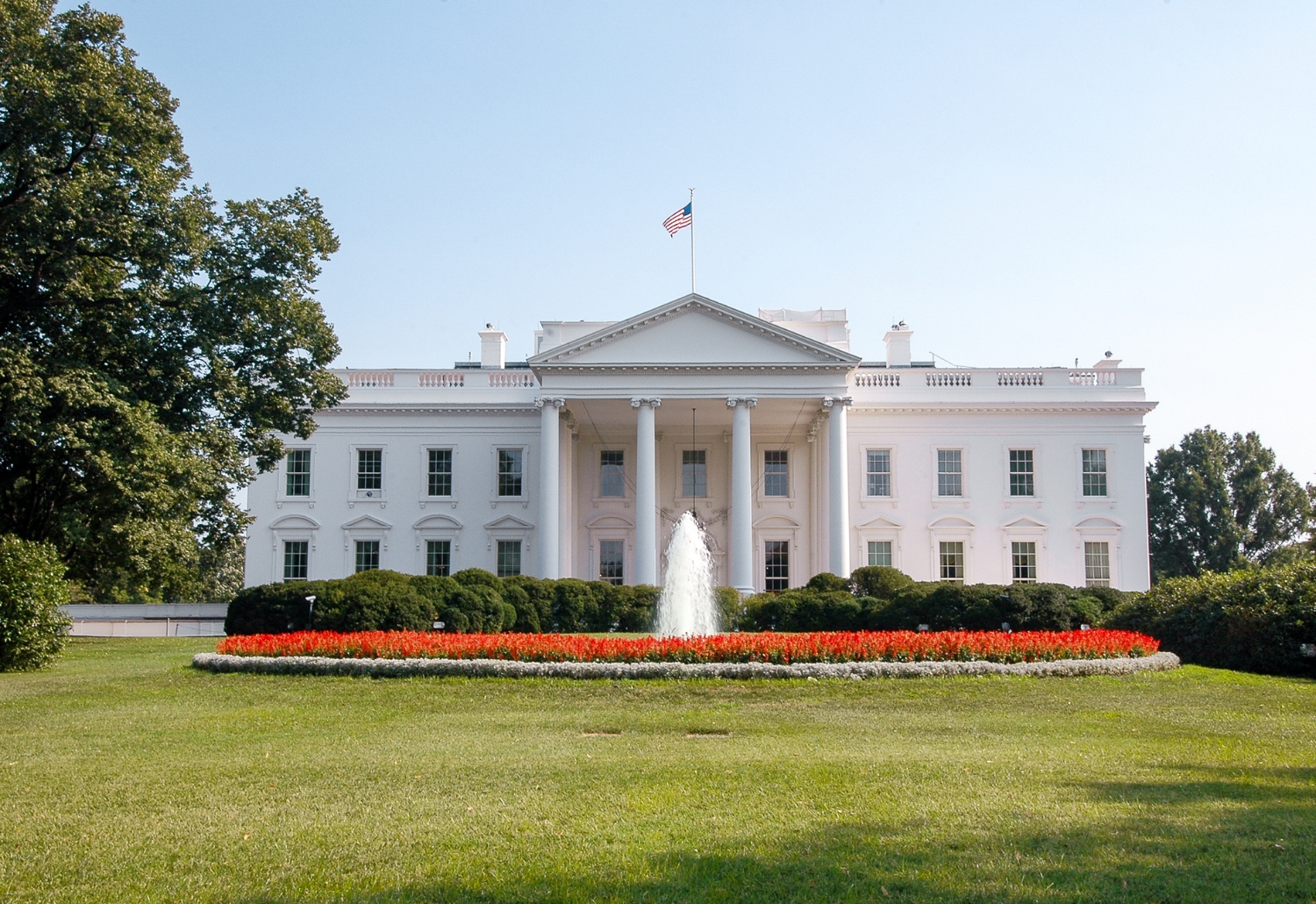The White House
Recent events have seen numerous well-known American law firms sign agreements with the Trump administration, generating fierce discussion among the legal community. These agreements, including significant pro bono commitments, have highlighted issues about professional ethics, the impact of political pressure, and the autonomy of legal institutions.
The Beginning of the Debate
Targeting big law firms such as Paul, Weiss, Rifkind, Wharton & Garrison, Skadden, Arps, Slate, Meagher & Flom, and Willkie Farr & Gallagher, the Trump administration issued executive orders in 2025. These directives limited federal contracts and access to government facilities, therefore restricting companies that represented customers who disagreed with the views of the government. Citing the companies’ participation in legal challenges against their policies and their diversity, equality, and inclusion (DEI) programs, the government justified these actions.
Paul, Weiss’s Response
Under Chairman Brad Karp, Paul Weiss bargained with the government to get the executive order against them revoked. The company committed to stopping some DEI activities and donating $40 million in pro bono services in line with the administration’s goals. They also made a public statement disparaging former partner Mark F. Pomerantz for his involvement in inquiries resulting in President Trump’s conviction. The legal community reacted strongly against this capitulation, claiming it betrayed the firm’s credibility and independence.

American law firms & agreements
Skadden’s Parallel Path
Skadden, Arps, Slate, Meagher & Flom also premeditatedly came to an understanding with the government. The company dedicated $100 million in pro bono work to White House-approved causes. Legal experts have called this action “payola,” implying that such compromises compromise the ethical standards of the profession. Senator Sheldon Whitehouse said, “Pathetic when the richest and most powerful lawyers in America won’t stand up for the profession that made them rich and powerful.”
Willkie Farr & Gallagher’s Concession
In addition, Willkie Farr & Gallagher signed a contract with the government committing at least $100 million in pro bono work toward projects, including helping veterans and battling antisemitism. This deal was considered a calculated step to keep the company’s operating stability and evade possible penalties. Different paths: companies choosing to oppose
On the other hand, companies like Perkins Coie, Wilmer Hale, and Jenner & Block chose to contest the presidential orders by legal means. The orders, they claimed, violated due process rights and free expression by being retaliatory and illegal. Recognizing possible constitutional harm, federal judges temporarily banned important components of these rules.
Implications for the Legal Profession
These incidents have sparked a more general conversation about how legal firms should maintain ethical standards in the face of political demands. Many have seen some companies’ choices to comply with government requests as creating a worrying precedent, therefore undermining public confidence in the objectivity of the judicial system. On the other hand, the opposition of other companies emphasizes the need to preserve professional freedom and the rule of law.
Conclusion
Recent interactions between top law firms and the Trump administration underline the complicated interaction among legal ethics, political influence, and professional autonomy. The choices these companies make in navigating these turbulent waters will likely have enduring impacts on the legal landscape and the public’s perception of the integrity of the profession.

